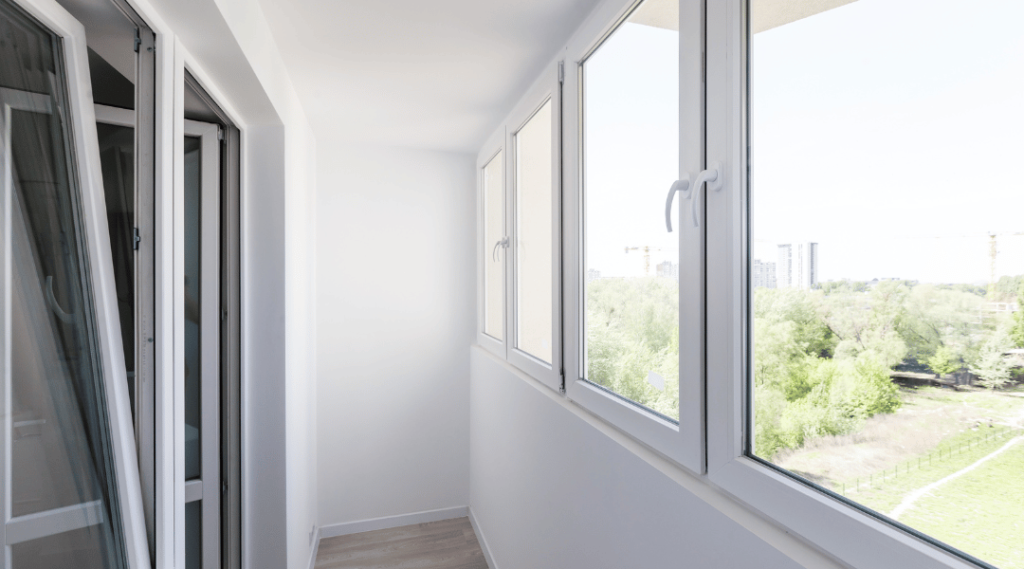- Miami - Broward - Palm Beach - Martin - St. Lucie
- Let's Start Your Permit. Call Us At (305) 900-7179
- (772) 353-0698
The Florida Building Code mandates permits for replacing windows, sliding glass doors, screen enclosures, storage sheds, and any new construction or repair that exceeds a certain cost threshold. While working with a licensed contractor may exempt you from needing certification to install new windows and doors, it is essential to comply with the Florida Building Code for Emergency Escape and Rescue, particularly for windows installed in sleeping rooms.

In sunny Florida, homeowners often seek ways to enhance their properties by upgrading windows and doors. However, before diving into a window or door replacement project, it’s crucial to understand the regulations set forth by the Florida Building Code. This comprehensive guide aims to educate average homeowners on the ins and outs of installing windows and doors in compliance with the Florida Building Code, ensuring safety, efficiency, and adherence to legal requirements.
The Florida Building Code establishes the standards for construction, including the installation of windows and doors. Adhering to these regulations is essential to guarantee that your home improvements meet safety and structural integrity guidelines. Before embarking on any window or door replacement project, familiarize yourself with the following key aspects of the Florida Building Code:
One of the primary considerations when replacing windows and doors in Florida is obtaining the necessary permits. The Florida Building Code mandates permits for such renovations to ensure that the work complies with safety standards. Failure to secure the required permits can result in fines or complications during property inspections.
Given Florida’s vulnerability to hurricanes and severe weather conditions, impact-resistant windows and doors are highly recommended. These specialized products are designed to withstand high winds and flying debris, providing added protection for your home and family during storms.
Energy-efficient windows and doors play a significant role in reducing utility costs and enhancing comfort within your home. Look for products with low emissivity (Low-E) coatings, insulated frames, and ENERGY STAR certification to maximize energy savings and sustainability.
In accordance with the Florida Building Code, bedrooms must have proper emergency escape and rescue openings. When replacing windows in sleeping rooms, ensure that the new installations meet the specified size and accessibility requirements for safe egress during emergencies.
While DIY window and door replacements are possible, working with licensed contractors can streamline the process and ensure compliance with building codes. Licensed professionals have the expertise to handle installations correctly, minimizing the risk of errors and ensuring that the work meets regulatory standards.
Now that you’re acquainted with the essential aspects of the Florida Building Code related to windows and doors, let’s outline a step-by-step guide for a successful installation process:
Begin by assessing your current windows and doors to determine the scope of the replacement project. Consider factors such as style, material, energy efficiency, and budget when selecting new windows and doors that align with your preferences and requirements.
Before commencing any construction work, obtain the necessary permits from your local building department. Submit detailed plans and specifications for the window and door replacements to ensure compliance with the Florida Building Code.
Clear the work area of any obstructions and protect surrounding surfaces to prevent damage during installation. Ensure adequate ventilation and lighting to facilitate the installation process effectively.
Carefully remove the existing windows and doors, taking caution to avoid damaging the surrounding walls and frames. Dispose of old materials responsibly and prepare the openings for new installations.
Follow the manufacturer’s instructions for installing the new windows and doors, ensuring a proper fit and sealing any gaps to prevent air and water infiltration. Use appropriate tools and techniques to secure the installations in place securely.
Once the windows and doors are installed, conduct a thorough inspection to verify that the work meets the requirements of the Florida Building Code. Test the functionality of locks, hinges, and seals to ensure proper operation and efficiency.
Upon completing the installation and passing the necessary inspections, finalize the project by cleaning up the work area and addressing any remaining tasks. Keep documentation of permits, warranties, and maintenance guidelines for future reference.
By following the guidelines outlined in this comprehensive guide, homeowners in Florida can navigate the process of installing windows and doors in compliance with the Florida Building Code with confidence. Remember to prioritize safety, quality, and adherence to regulatory standards throughout the project to achieve a successful and rewarding home improvement experience.
For further assistance or detailed inquiries regarding window and door installations according to the Florida Building Code, consult with licensed professionals or contact your local building department for guidance tailored to your specific needs and location.
This educational blog provides homeowners in Florida with valuable insights into the regulations and best practices for installing windows and doors in compliance with the Florida Building Code. For further information or expert advice, reach out to local professionals or building authorities to ensure a seamless and code-compliant home improvement project.